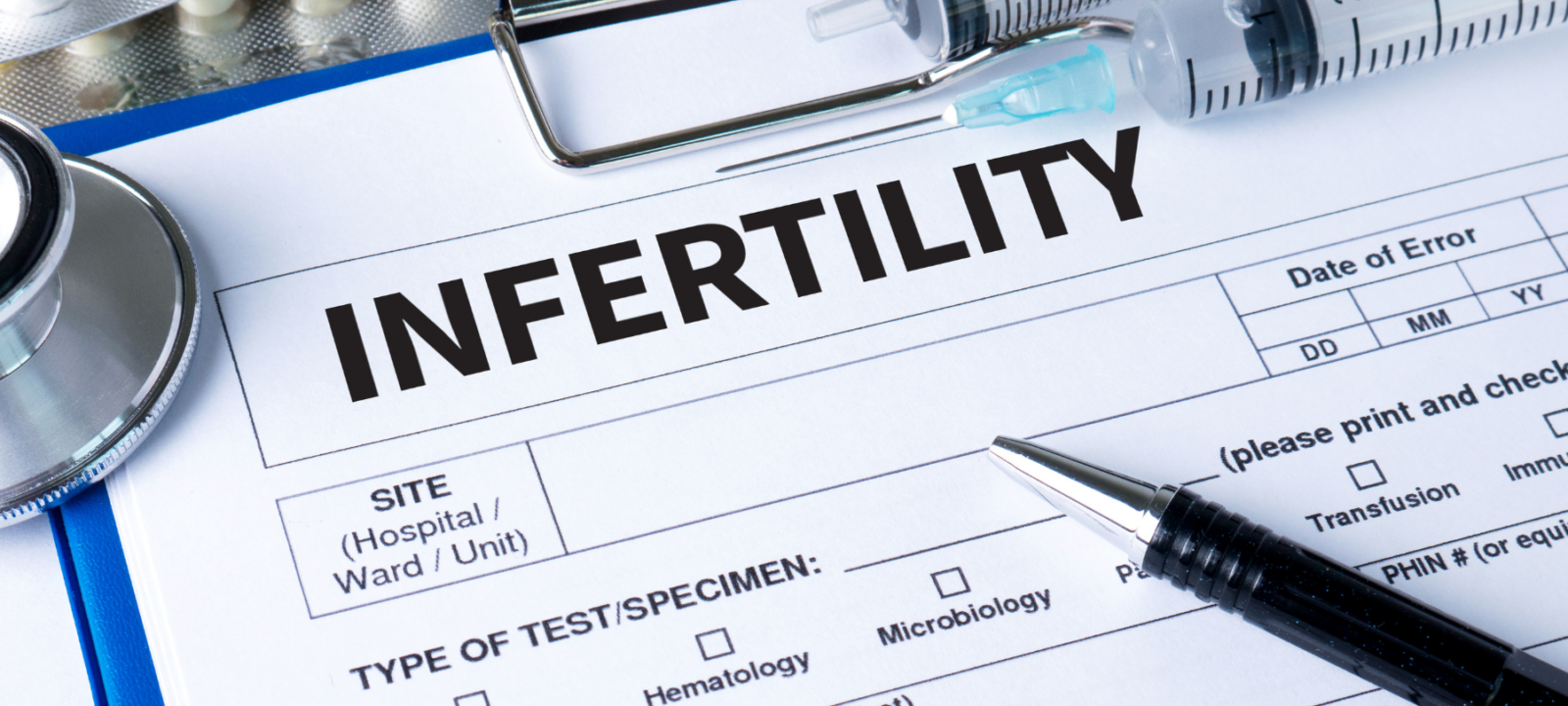By Dr. Andrea Peterson
There’s now a new definition of infertility that’s helping doctors treat their patients more effectively. In this month’s blog, our own Dr. Andrea Peterson takes a closer look at how the medical community now defines infertility and why this is a good thing for all types of patients.
On October 15th, 2023 the American Society for Reproductive Medicine (ASRM) released a committee opinion updating the current definition for infertility. Infertility is now described as a disease, condition, or status that can be characterized in 3 different ways.
The first way that it is characterized is by being unable to achieve a successful pregnancy based on the following factors or a combination of them: medical, sexual, and reproductive history, age, physical findings, and diagnostic testing.
Infertility now is also characterized by needing medical intervention in order to achieve a successful pregnancy either as an individual or with a partner. The medical intervention can include, but is not limited to, the use of donor gametes (donor sperm or egg) or donor embryos in order to achieve a successful pregnancy.
Finally, in patients having regular unprotected intercourse, evaluation should be initiated at 12 months if the female partner is under the age of 35. When the female partner is over the age of 35, evaluation should be initiated at 6 months. It is important to understand that these timelines should only be used if both partners have no known cause for impaired reproductive ability. In other words, if there is reason to suspect that one partner may have an issue with conceiving, evaluation should be initiated immediately.
Regardless of relationship status or sexual orientation, nothing in this new definition shall be used to deny or delay treatment to any individual. This new inclusive definition responds to the needs of a diverse patient population with different treatment needs. This is great news for patients who need fertility treatment but do not meet the traditional definitions. This change is also more inclusive for the LGBTQ community. Hopefully this change can initiate more states to expand insurance coverage requirements.
The CEO of ASRM Jared Robbins says, “this revised definition reflects that all persons, regardless of marital status, sexual orientation, or gender identity, deserve equal access to reproductive medicine. This inclusive definition helps ensure that anyone seeking to build a family has equitable access to infertility treatment and care.”
Related Posts

April 24, 2017
Coastal Fertility Specialists Honors Their Patients During National Infertility Awareness Week

March 13, 2018
Are Male Sperm Counts Declining Over Time?

February 13, 2019
How to Get Your Body in Tip-Top Shape Before Conception

July 30, 2020
How a Father’s Age and Health Affects His Unborn Child

June 28, 2021
Introducing Coastal Quickies- A YouTube Live Series From Coastal Fertility



